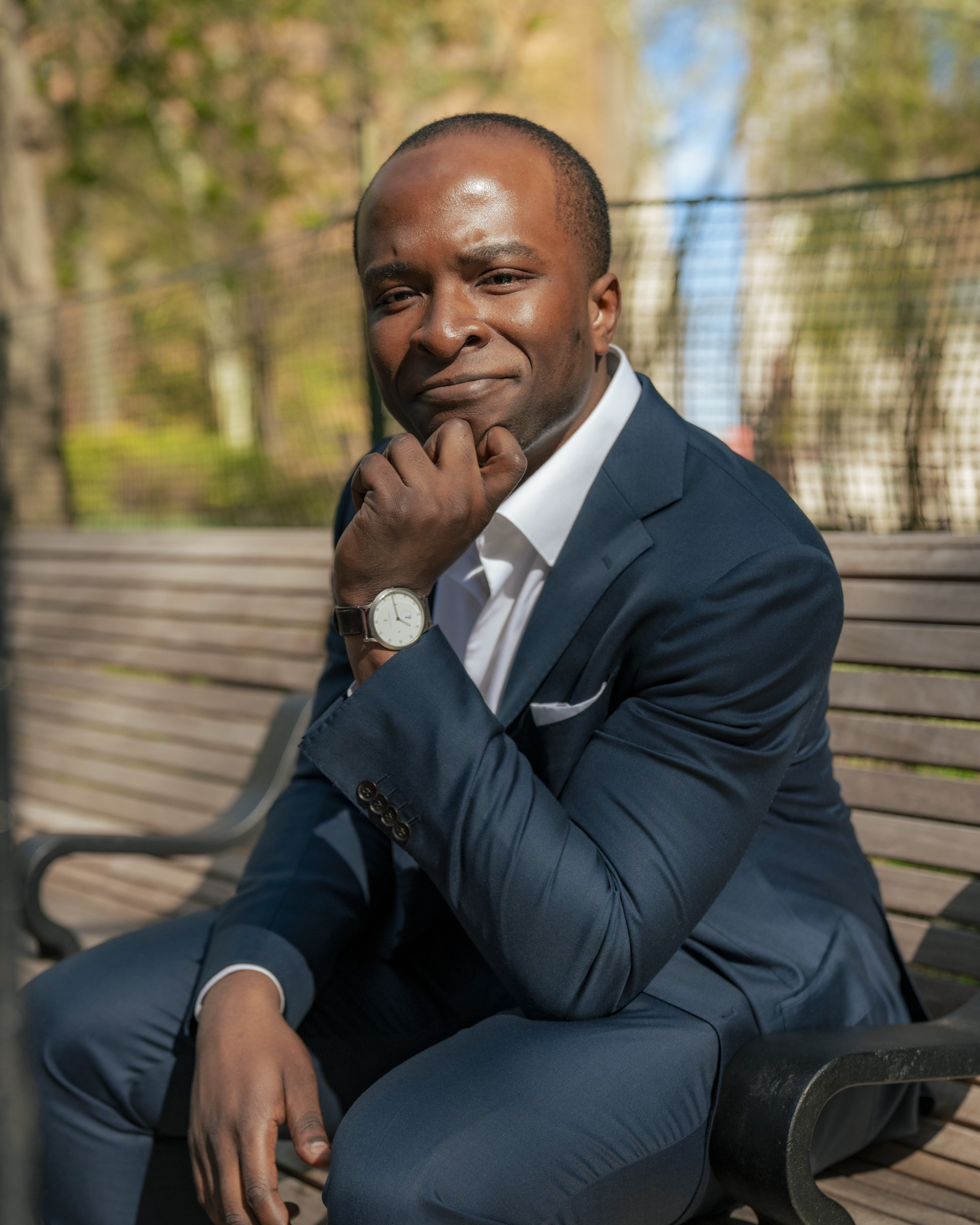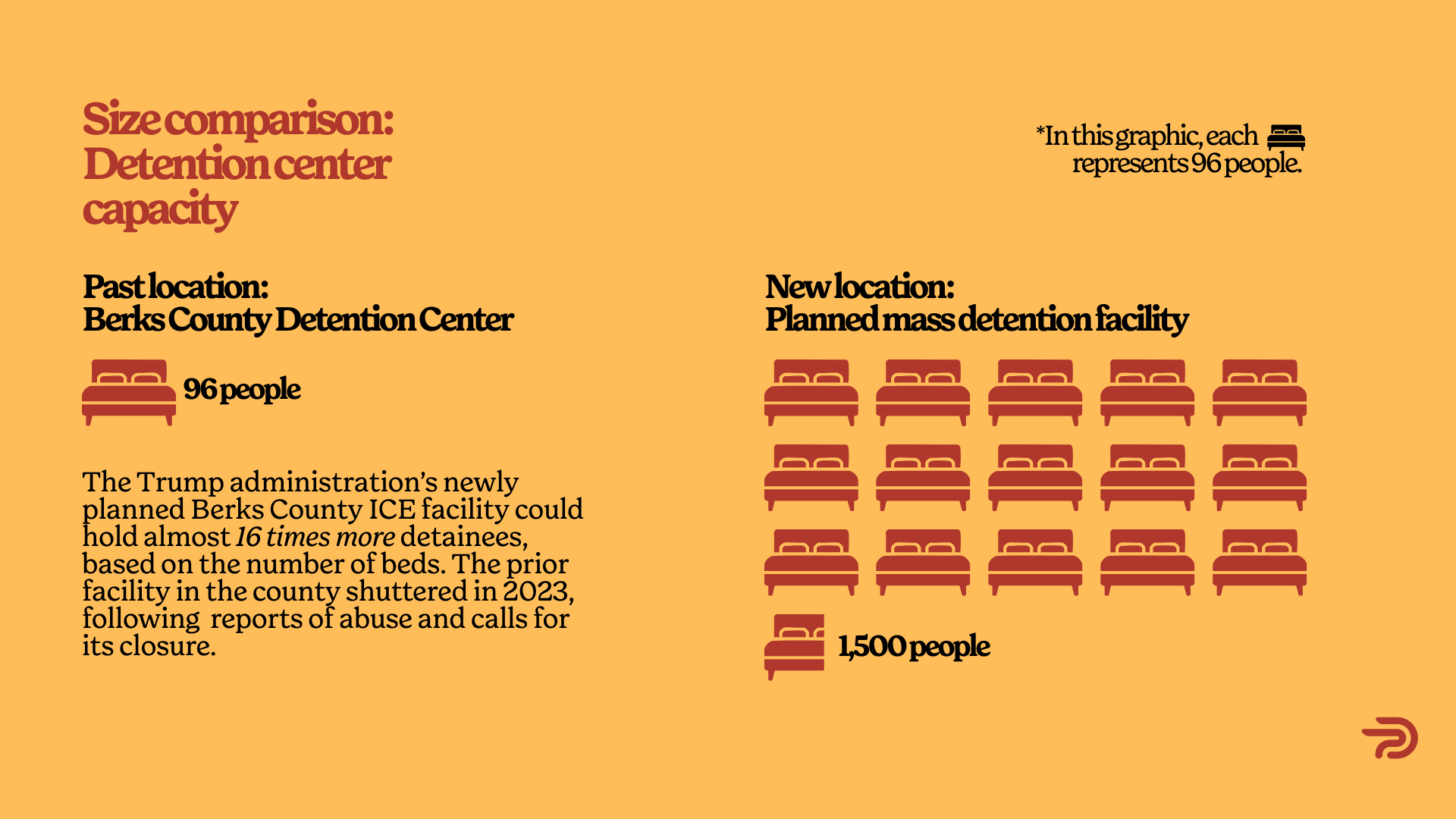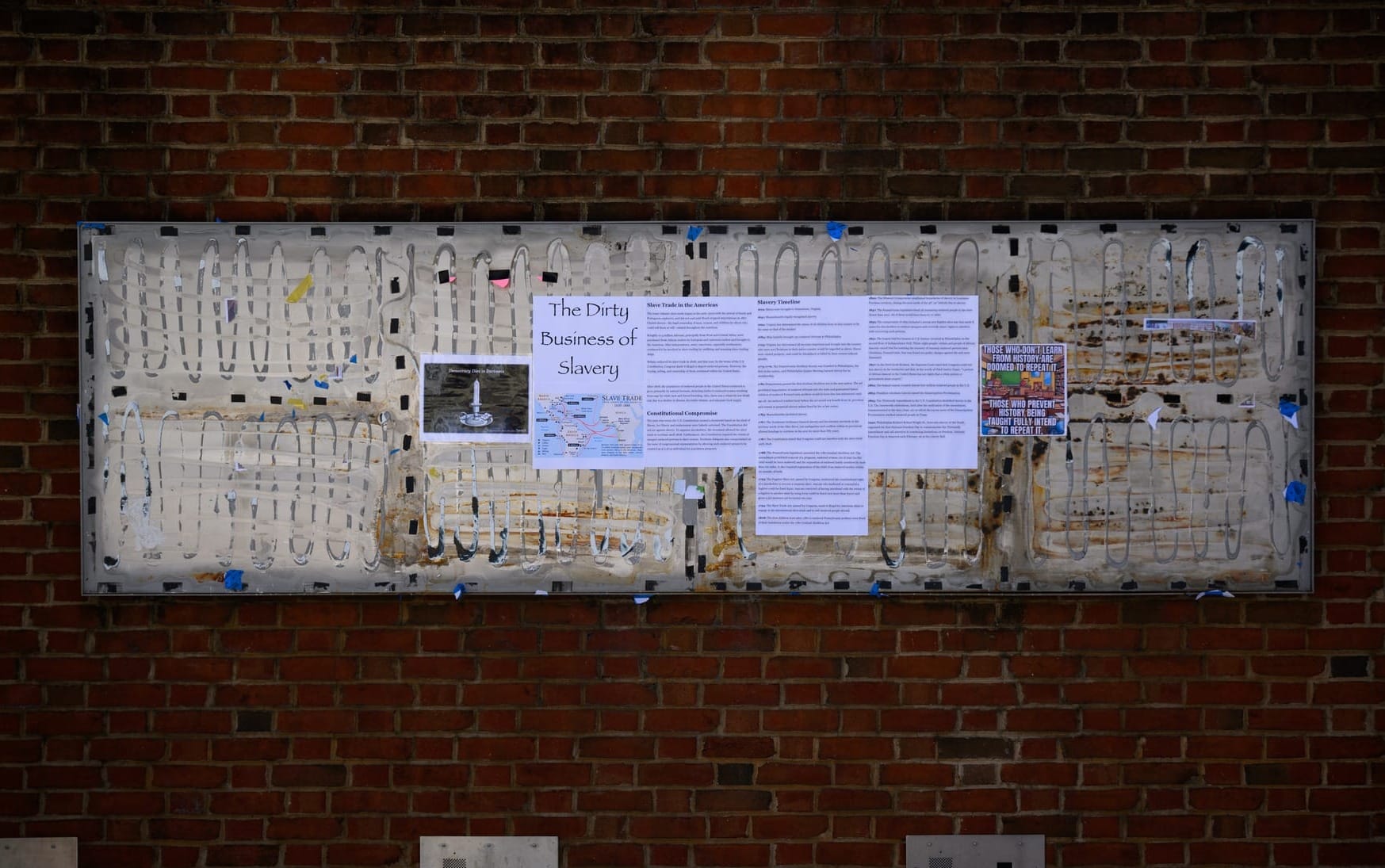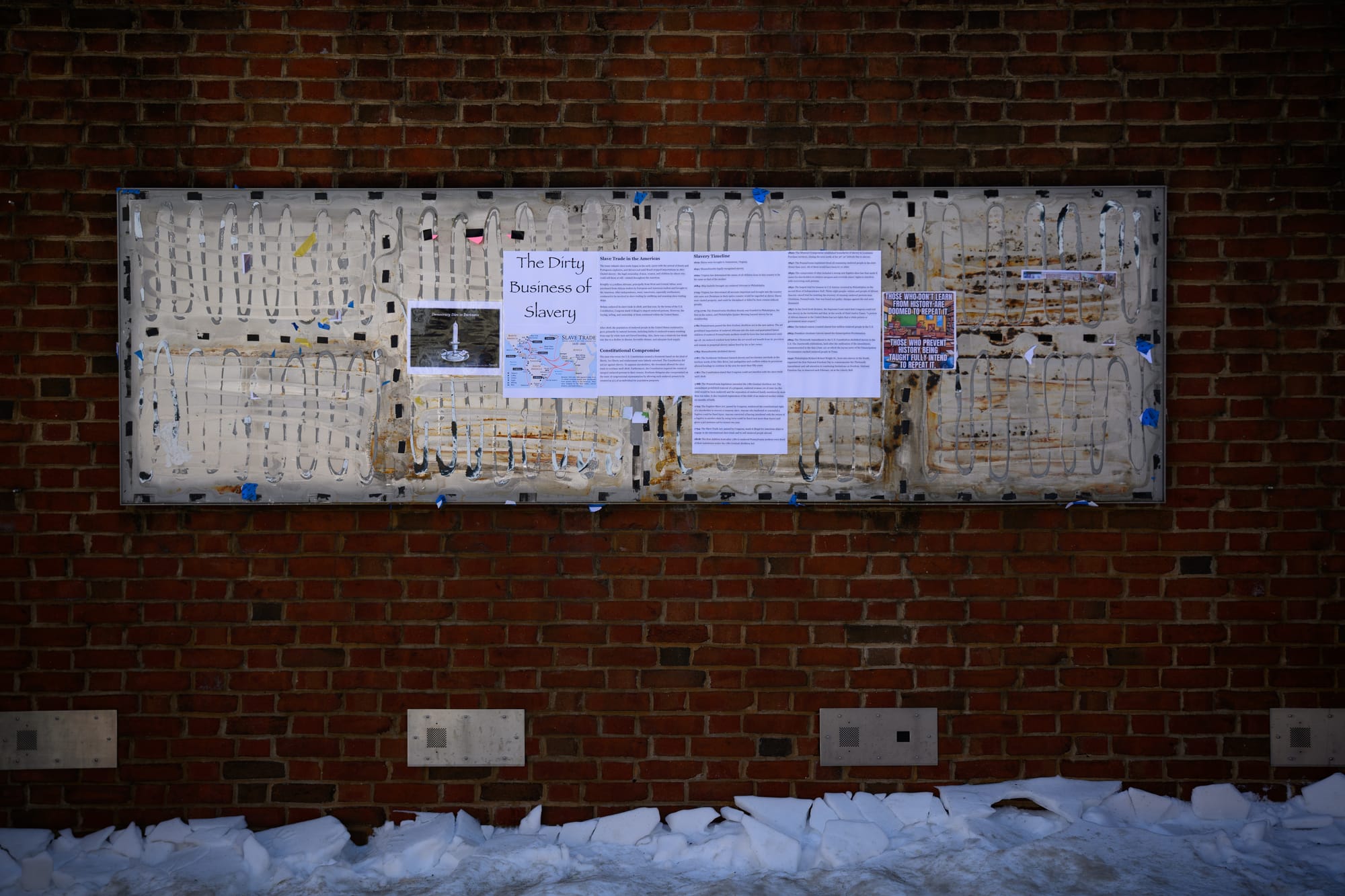From Belafonte to Megan Thee Stallion: How Celebrities Engage with Politics
Celebrity activism sparks debate: Megan Thee Stallion’s DNC performance drew criticism, highlighting tensions over politics, race, and pop culture.
On July 30th, Vice President Kamala Harris held a rally in Atlanta with musician Megan Thee Stallion to a roaring crowd as Harris continued her election campaign tour. The musician danced, performed some of her popular favorites, and encouraged attendants at the rally to vote to "protect their civil rights."
Criticsresponded incredulously. "The left-wing movement is such ghetto trash," one right-wing commentator wrote on Twitter. The conservative nonprofit Catholic Vote wrote, "Kamala Harris' handlers just trotted out talentless rapper Megan Thee Stallion to twerk and gyrate in front of a rally crowd while barely rapping her song because it's so explicit to advocate for abortion."
Even former President Trump decided to inject himself into the conversation, writing on his social media platform Truth Social: "Crazy Kamala Harris, voted the WORST Vice President in American history, needed a concert to bring people into the Atlanta arena, and they started leaving 5 minutes into her speech," Trump ranted on Truth Social. "I don't need concerts or entertainers; I just have to MAKE AMERICA GREAT AGAIN!!!"
What's especially interesting about these comments from many of these critics is that a few weeks prior, during the Republican National Convention (RNC), they brought their own group of celebrities out to try to drum up excitement for their ticket. The difference is that their celebrities have been engaged in serious problematic behavior before.
Hulk Hogan, who was an introductory speaker at the RNC, was fired from the World Wide Wrestling entertainment world for going on a racist outburst about his daughter sleeping with a Black man and proceeded to repeatedly use the n-word. Amber Rose, who was also another speaker at the RNC, has faced continued criticism after making public and private comments about Black heritage.
Another celebrity speaker at the RNC, Dana White, the current head of the Ultimate Fighting League (UFC), showed up and gave a middling speech supporting Donald Trump despite facing serious allegations of documented domestic abuse against his wife.
Why am I saying all of this? It's because any attempt from critics to act as if using celebrities as a campaign strategy to engage with voters is a new or disingenuous strategy is untrue.
For example, take a look at the civil rights movement. Once he retired from the MLB, record-breaking athlete Jackie Robinson was a prolific fundraiser for the NAACP and brought in thousands of dollars for the organization. Award-winning actor Harry Belafonte also played an important role in the movement. He became a trusted confidant of Martin Luther King Jr. and helped run the Mississippi Summer Project, a volunteer campaign focused on registering black voters in the South. Belafonte also contributed to ending the apartheid regime of South Africa and getting Nelson Mandela out of prison.
Critics' attacks on celebrities like Meg Thee Stallion lack substance and do not exist in the context of how celebrities have always interacted with politics. As the Vice President would say, they did not just fall out of a coconut tree.
Moreover, these attacks reveal a deeper problem within our modern politics discourse. Rather than engaging with the substance of each parties’ platform, they resort to petty insults and accusations of "ghetto trash" - a thinly veiled attempt to delegitimize the cultural influence of Black artists and activists.
This fixation on celebrities is a recurring theme for those critical of progressive celebrities. They've long sought to capitalize on the star power of figures like Hulk Hogan and Dana White, even as those individuals have been embroiled in scandals. Now, when celebrities like Megan Thee Stallion and others employ a similar strategy, these same critics respond with outrage, hoping to shift the conversation away from the real issues at stake.
Ultimately, this moment highlights how many politicians struggle to connect with younger, more diverse voters. As the electorate continues to evolve, conventional politician's reliance on divisive, culture-war rhetoric rings increasingly hollow. The the celebrity fascination around the former president has lost its luster. No one is hanging on to his every word and waiting to see what out-of-touch statement he will post on Twitter. No one is excited to hear the played-out nicknames he will pull out of his pocket to describe his enemies. Voters crave a more joyful, refreshing approach that we now see being delivered.
The 2024 campaign will undoubtedly see more attempts from politicians to distract and deride their opponents through the lens of celebrity. But if this skirmish is any indication, the American people may be growing tired of such superficial tactics. They're ready for politics that moves beyond entertainment and speaks directly to their hopes and concerns.





